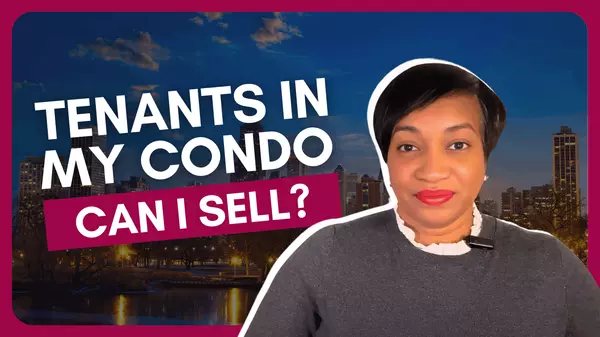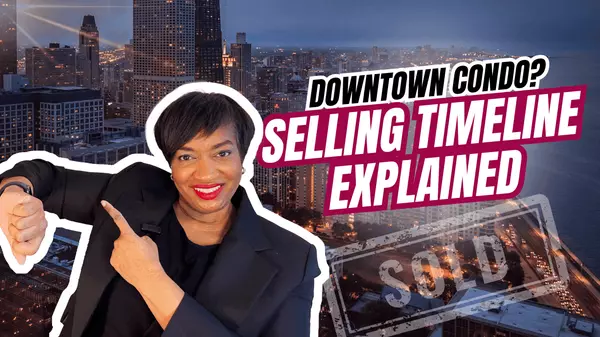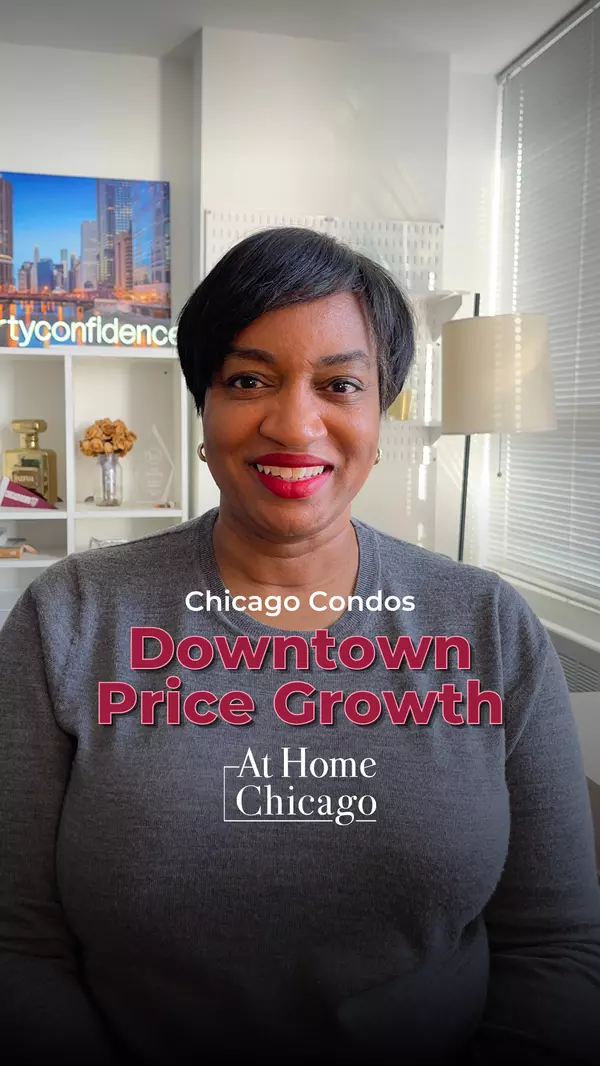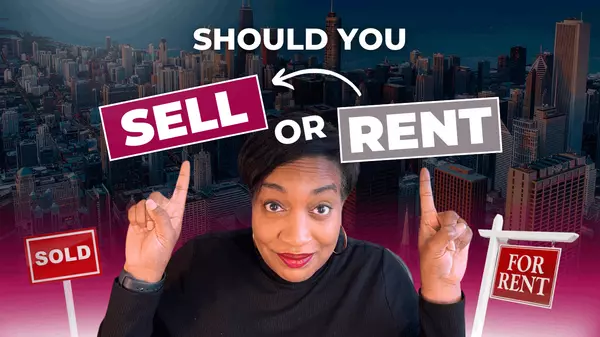Chicago Condo Owners: How to Sell Your Unit with Tenants in Place
If you’re considering selling a condo in Chicago—whether it’s in the Gold Coast, the West Loop, Edgewater, or another neighborhood—you might wonder what happens if there’s already a tenant living in it. Selling a tenant-occupied condo presents its own set of challenges, but it’s entirely possible with the right approach. Below, we’ll cover everything you need to know: from the legalities of selling a condo with a tenant in place to understanding your target buyer, working with your tenant, and knowing when it might be better to wait until the unit is vacant.
Is It Legal to Sell a Tenant-Occupied Condo in Chicago?
Yes, it’s completely legal to sell a Chicago condo while a tenant is still living there. However, you must respect their rights and the terms of the existing lease. Here are a few important points:
- Lease Terms Remain in Place: If there’s an unexpired lease, the buyer will inherit it. Month-to-month arrangements are more flexible, but a fixed-term lease will remain in effect, and the new owner must honor it. You can attempt to negotiate an early termination if both you and the tenant agree, but if not, that lease stays in place.
- Required Notice for Showings: Chicago law requires providing a minimum 48-hour notice before showings. If you have a positive relationship with your tenant, they may be open to more flexible showing times.
- Security Deposit Transfer: Any existing security deposit and accrued interest must be transferred to the new owner at closing. This ensures the tenant’s funds remain protected.
Know Your Target Buyer: Investors vs. Owner-Occupants
When selling a tenant-occupied condo, it’s essential to understand who might be interested in buying:
- Investor Buyers:
Investors often prefer a property with a reliable tenant already in place. If the current rent covers (or exceeds) the monthly costs—mortgage, property taxes, insurance, and assessments—this can be a selling point. It’s a turnkey investment opportunity with cash flow from day one. - Owner-Occupants:
Buyers looking to live in the condo themselves may be less enthusiastic if they can’t move in right away. Owner-occupant mortgages often require the buyer to take possession within 60 days of closing. If the tenant’s lease extends beyond that timeframe, the buyer may have to become a landlord temporarily, which many prefer to avoid.
Check Condo Association Rules:
Before marketing your condo, confirm that the new owner will have the right to continue renting out the unit. Some buildings have regulations that prevent a new owner from renting immediately after purchase. Highlighting or clarifying these policies upfront can help attract the right type of buyer and set realistic expectations.
Before marketing your condo, confirm that the new owner will have the right to continue renting out the unit. Some buildings have regulations that prevent a new owner from renting immediately after purchase. Highlighting or clarifying these policies upfront can help attract the right type of buyer and set realistic expectations.
Communicating with Your Tenant Is Key
Open and respectful communication can make the difference between a smooth sale and a difficult process. Let your tenant know you plan to sell as soon as possible. Explain the timeline, what to expect during showings, and how often you’ll need access. A cooperative tenant can keep the space tidy, allow buyer visits, and maintain a welcoming atmosphere. In some cases, your tenant might even consider purchasing the condo themselves—so it never hurts to ask, though you shouldn’t rely solely on that option.
Preparing Your Condo for Sale
A well-presented condo can attract more buyers. To make a tenant-occupied unit shine:
- Coordinate Cleaning and Decluttering: Consider offering a professional cleaning service to ensure the condo looks its best.
- Highlight Rent-Friendly Amenities: In-unit laundry, on-site maintenance, and easy access to public transportation appeal to both renters and investors.
- High-Quality Photos and Virtual Tours: Professional images and virtual showings can minimize disruption to the tenant and still give buyers an excellent first impression.
Negotiating the Sale of a Tenant-Occupied Condo
Negotiations may involve unique factors when a tenant remains in place:
- Lease Terms: Buyers might request early termination of the lease. Consult with a Chicago real estate attorney to review your options.
- Rental Income Documentation: Have records of on-time rent payments ready to reassure investors.
- Closing Timeline: Be flexible if possible. Some buyers may prefer to close when the unit is vacant, especially if they plan to occupy it themselves.
When to Consider Waiting Until the Unit Is Vacant
Sometimes, holding off on listing until your tenant moves out makes sense:
- Uncooperative Tenants: If showings are difficult or the unit isn’t well-maintained, this can hurt your marketing efforts.
- Owner-Occupant Buyers: If you suspect most of your potential buyers want to move in immediately, a vacant property is more appealing.
- Soon-to-Expire Lease: If the lease ends soon, waiting a few months could significantly broaden your buyer pool.
Final Thoughts: Turn Challenges into Opportunities
Selling a condo with a tenant in place can feel complicated, but it doesn’t have to be overwhelming. With the right strategy—clear communication with your tenant, proper understanding of your target buyer, and strategic marketing—you can create a smoother selling experience. If you’re considering listing a tenant-occupied condo in Chicago, reach out to a local real estate expert who knows how to navigate these unique circumstances.
Ready to Discuss Your Situation?
If you have questions or want to explore the best approach for selling your tenant-occupied condo in the Gold Coast, West Loop, Edgewater, or elsewhere in Chicago, contact me today. Let’s work together to find the right solution and help you achieve a successful sale.
Recent Posts

Chicago Condo Owners: How to Sell Your Unit with Tenants in Place

How Long Will It Take to Sell My Downtown Chicago Condo?

Downtown Chicago Condo Market Update: Trends, Insights & Surprises

Should I Sell or Rent My Condo in Chicago? A Guide for Condo Owners

Helping an Older Relative Sell a Home

Our 2020 Chicago Real Estate Market Forecast

4 Mortgage Shopping Tips for Chicago Homebuyers

3 Reasons Chicago Buyers Buy During the Offseason

A Guide to Handling Lowball Offers

Navigating a Home Inspection
GET MORE INFORMATION


